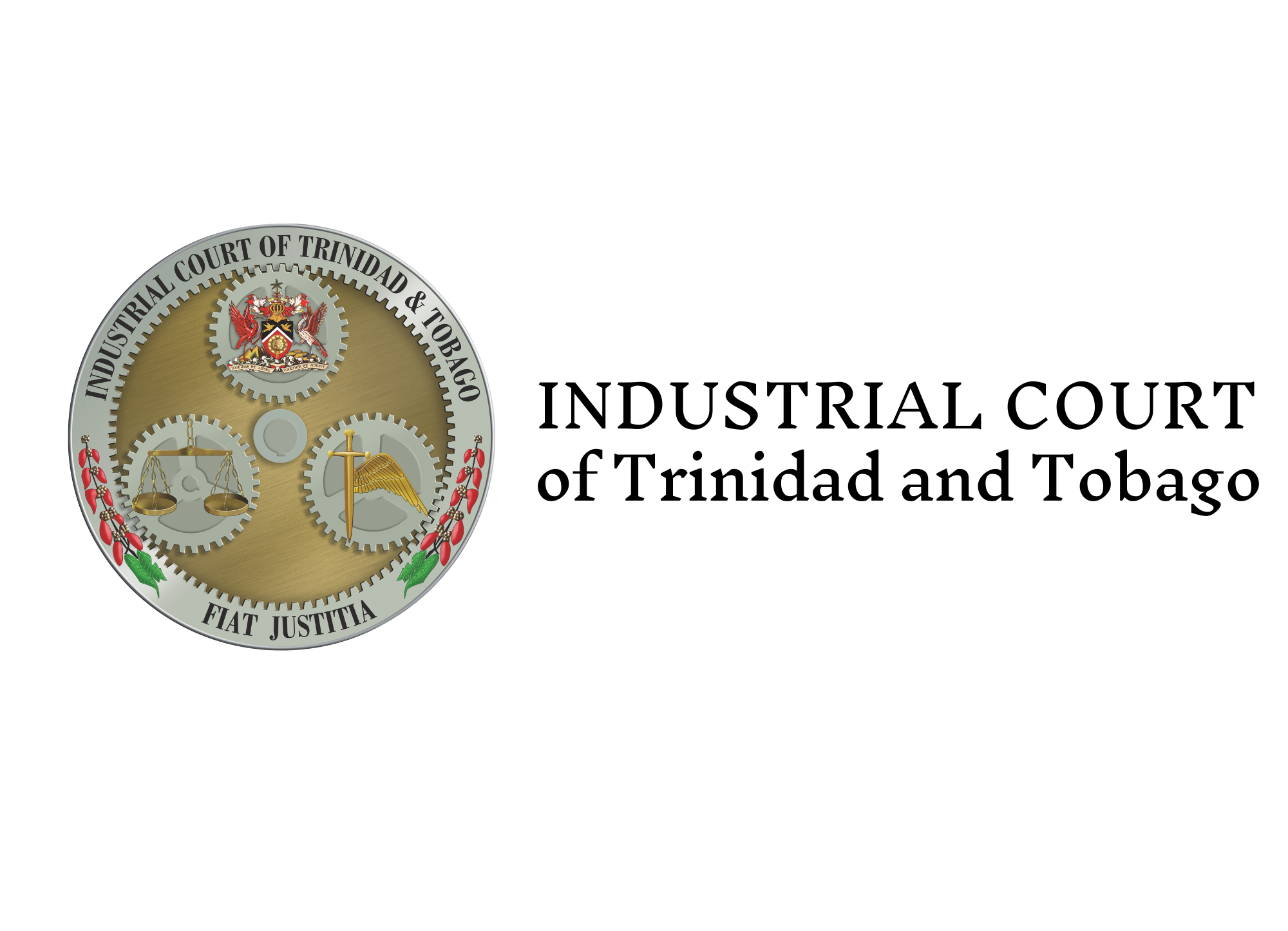STEP 1: A matter is referred to the Industrial Court by:
- the Union;
- the Employer;
- the Minister responsible for Labour;
- the Worker in the case of the Minimum Wages Act, Maternity Protection Act and the Occupational Safety and Health Act (if there is no recognized Trade Union); and
- the Occupational Safety and Health Authority in the case of the Occupational Safety and Health Act
STEP 2: Matters are assigned to either the General Services Division (GSD) or the Essential Services Division (ESD) and are categorized by the Court as follows –
- (GSD or ESD) TD - Trade Dispute
- (GSD or ESD) IRO - Industrial Relations Offence
- (GSD or ESD) ICA - Interpretation of a Collective Agreement
- (GSD or ESD) A - Application
- (GSD or ESD) O - Opinion
STEP 3: All disputes such as Trade Disputes, Retrenchment and Severance Benefits Disputes, Minimum Wages Disputes and Maternity Protection Disputes must follow the dispute procedure as defined by the Industrial Relations Act, Chap. 88:01 before the dispute is referred to the Industrial Court. The procedure includes the following –
- The dispute must be reported to the Minister only by the employer, the recognized majority union or where there is no recognized majority union, any trade union of which the worker or workers who are parties to the dispute are members in good standing;
- The dispute may not be reported to the Minister if more than six months have elapsed since the issue giving rise to the dispute first arose, save that the Minister may, in any case where he/she considers it just, extend the time during which a dispute may be so reported to him;
- The Minister shall as soon as possible after a trade dispute has been reported or deemed to have been reported to him/her take steps as he/she may consider advisable, to secure a settlement of the dispute by means of conciliation within fourteen days after the date of the report;
- If a dispute is not settled, the Ministry will issue an unresolved certificate under section 59 (1) to the parties to the dispute and may state any reasons which in his/her opinion have prevented a settlement.
- To initiate proceedings in the Court, parties must submit a letter of referral. However, disputes concerning a breakdown in negotiations or under the Essential Services Division must be initiated by the Minister.
All other matters such as Industrial Relations Offences, Interpretation of a Collective Agreement, Application, Rescission of Contract or Recognition can be initiated by either parties to the dispute by submitting a letter of referral to the Court.
STEP 4: At the Industrial Court, the first stage is issuing of Notices to the parties of the dates for filing and exchanging the Evidence and Arguments as well as a date for the Case Management Conference. A Case Management Form is also attached asking the parties for information including whether or not they would like a date for conciliation before a Member of the Court.
If the response of both parties is positive, then a Notice will be sent indicating the date of the conciliation. If the parties do not indicate an interest in conciliation, the Notice provides the date of the Case Management Conference for parties to appear in Court for the purpose of expressing their views as to the periods which are reasonably necessary for the fair and adequate presentation of their case and for the parties to receive such directions as the Court might give for the hearing and determination of the matter.
STEP 5: At the Case Management Conference the dispute could still be referred for Conciliation before a Member of the Court or the parties can be given specific dates for –
- an extension of time to file Evidence and Arguments (if not filed previously);
- the Exchange of Evidence and Arguments
- the replies (if necessary)
- the filing of Witness Statements
- the Exchange of Witness Statements
- a date for Mention and Report (if necessary); and
- a date for the Hearing of the dispute.
If a dispute is referred to a Member of the Court for conciliation, the parties are notified of the date fixed for conciliation.

